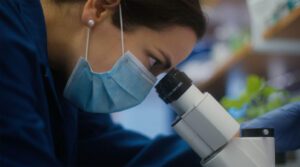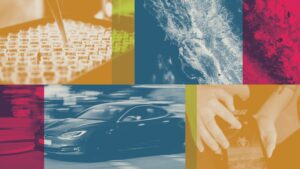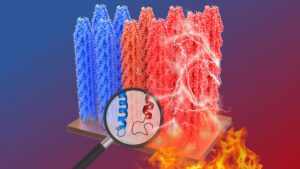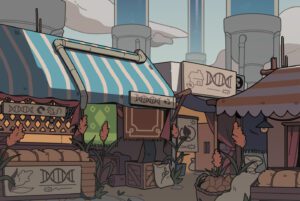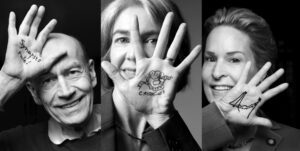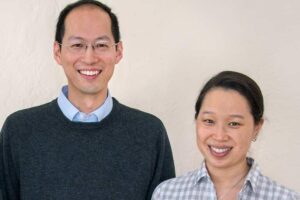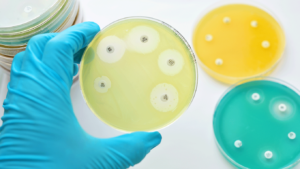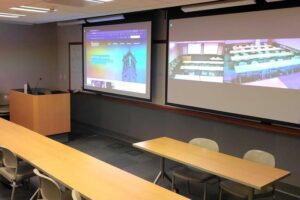
Behind the Scenes of a Classroom Refresh – 177 Stanley Hall
October 31, 2023
Opportunity to Innovate and Good Timing! Innovation and timing often collide to produce remarkable opportunities. Spring 2023 ushered in such a moment with the convergence of minds from California Institute for Quantitative Biosciences (QB3-Berkeley)(link is external), the Office of the Registrar (OR)(link is external), and RTL’s Classroom Technology Service team. The result? An ambitious plan to transform 177 Stanley,…
